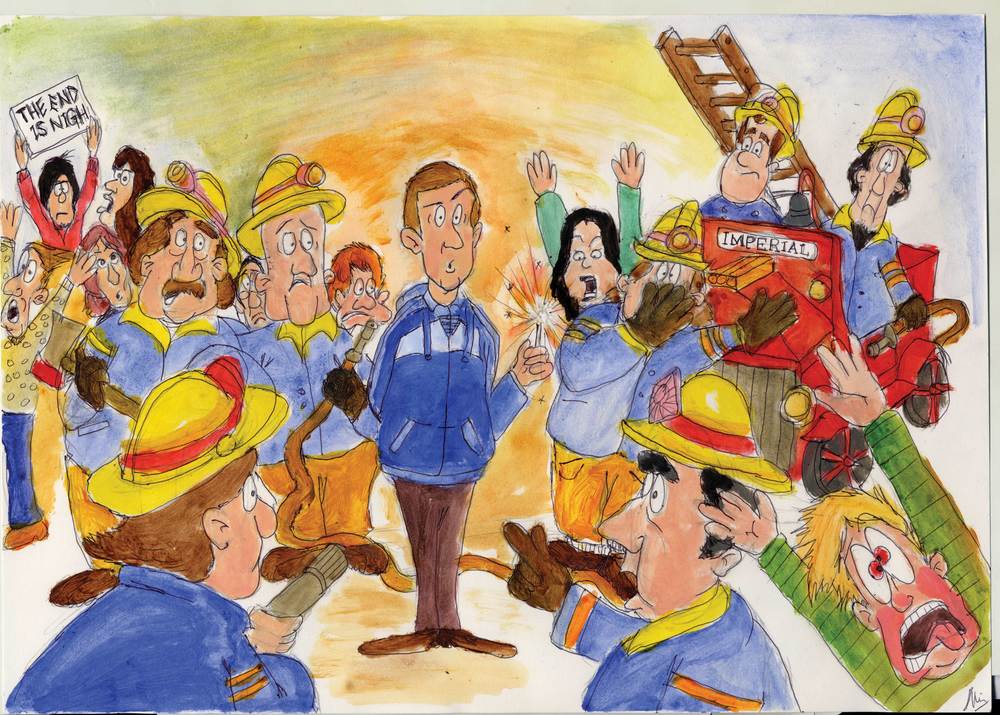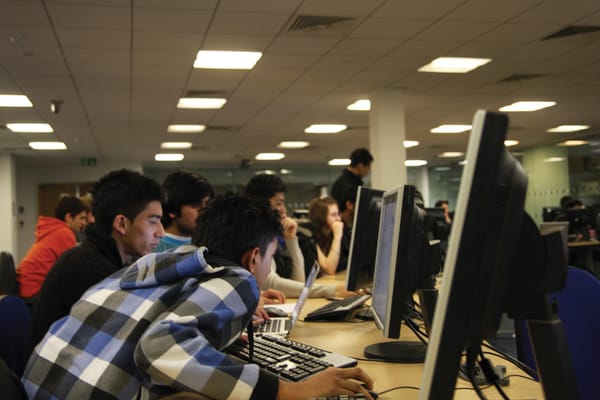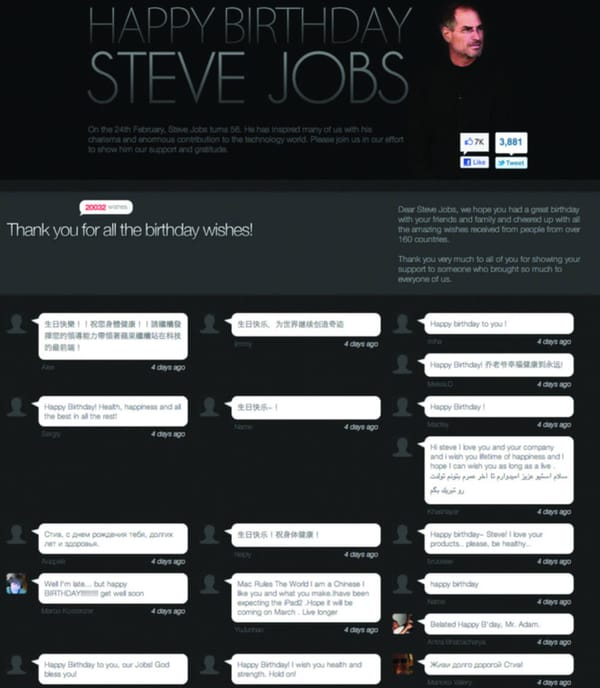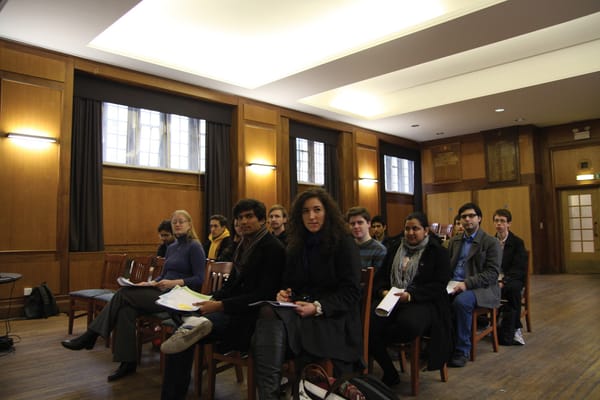Was the College's response overblown?
Victoria Druce takes a deeper look at the recent controversies involving online student content

Almost two weeks ago, the College took down the Union server in a move aimed at removing an article concerning the latest antics of the rugby club. After receiving a complaint from a member of the public and an accusation of libel, the College took steps to remove the allegedly offensive material (and the rest of the Union [clubs] website) from public access. This action by the College comes just weeks after IC Radio was taken off the air following concerns over the content of a show. The seemingly radical reaction of the College to these recent events has pushed the issue of student media censorship into the limelight.
The College’s apparent knee-jerk reaction to the recent complaint from a member of the public over the content of an article on the Rugby Club’s website was to pull the whole Clubs & Societies server, banning access to any sites hosted on this server. This caused disruption to all other clubs and also to the online room booking system. The grievance alleged that the exposé of a recent rugby match contained libellous comments, an accusation both the College and the Union take very seriously. The decision by the College to take down the entire Clubs & Societies server, which is hosted by the Union, faced objections from both the Union and the student body.
The move by the College to deal with the complaint was labelled an “over-reaction” by Union President Alex Kendall. The Union have clear procedure set out aimed at dealing with any grumbles over their media content including a network of staff responsible for fielding such issues. A complaint concerning any media content on a club’s website is first passed to the club themselves and then to Heather Jones, Deputy President (Clubs & Societies), or to Chris Birkett, the systems administrator of the Union website. The Union then decides on the course of action to take.
Kendall was surprised by the College’s line of action over the rugby article, commenting that they had gone much further than they had in the case of the grievance with IC Radio over the use of racially offensive comments on air. When the comments were determined to be in violation of the Union’s web policy, the procedure worked fluidly to overcome the complaint in a way that was widely viewed as appropriate considering the circumstances. The precedent for the competency of the Union’s procedure for dealing with serious complaints makes the interference of the College over ‘rugbygate’ more surprising.
Union staff were “pretty angry” and remain annoyed even after the Rector’s apology, as they view the action as interference by the College in the matter. Both the College and the Union take an accusation of libel very seriously. The Union’s web policy is clear that clubs and societies web content ‘should not contain material that may bring the Union or College into disrepute or is of a libellous nature’. The Union argued that the rugby article was not libellous. The College’s solution to pull the whole Clubs & Societies server caused far more commotion than would have occurred had the complaint been processed by the Union, who called IC’s response “overblown”.
It seems the College’s involvement in this most recent episode of censorship was due to a breakdown in communication. The switchboard operator, who received the complaint, passed the accusation to the faculty who appear to have been wholly unprepared. The Union president commented that there was “clearly no procedure in place”. The college botched any attempt to contact the Union, sending a single email to Kendall’s personal account and failing dismally to find the phone numbers of relevant union staff (which are available on Outlook).
The College accepted that there was a communication breakdown with the Union which caused some difficulties, but defend their response despite the outcry that it was overblown as the College behaved in accordance with the Code of Practice that exists between the College and the Union. The Code contains an annex, a ‘Defamation Code of Practice’, designed specifically to deal with allegations of libellous material published in a Union publication or on a Union website. The annex states that although "the College does not wish to interfere with the freedom of expression enjoyed by ICU and its publications…it does require some safeguards to be in place to enable a speedy response to an allegation that defamatory material has been published". In the case of the recent allegation of libel the College employed such a ‘safeguard’. The action by the College was in accordance with the Defamation Code of Practice: "Where there is a dispute over the existence of defamatory material…the material in question shall be removed for the protection of the College and ICU while the College Secretary consults an arbitrator for guidance". As such the College argue that their actions were reasonable.
Jon Hancock, Head of the Central Secretariat, admits that the procedure “envisages that it will normally be the Union that will arrange for the offending material to be temporarily removed” but that in being unable to contact the Union President the College removed the material by pulling the Clubs and Societies server, which caused the uproar from Clubs trying to access their website or the room booking system. As the Union hosts the server, only they have the authority to remove any single part of the content, in this case the Rugby Club’s article. Hancock agrees that “it is much better for the Union to be in control of this process” for this reason.
The College’s involvement in this sort of issue is rare, this being the first time the ‘Defamation Code of Practice’ has been used since being agreed with the Union in 2007; Kendall hopes that it is a one off. Kendall accepted the College’s apology for meddling “with the condition that [the college] think about this (generating a new procedure for dealing with complaints)”. The College, having accepted responsibility for the lack of proper communication, have responded by drawing up a “more coherent procedure for the future if a member of the public complains about content on the Union server” with “clear lines of communication” to ensure similar issues can be overcome in a less problematic manner in future.








